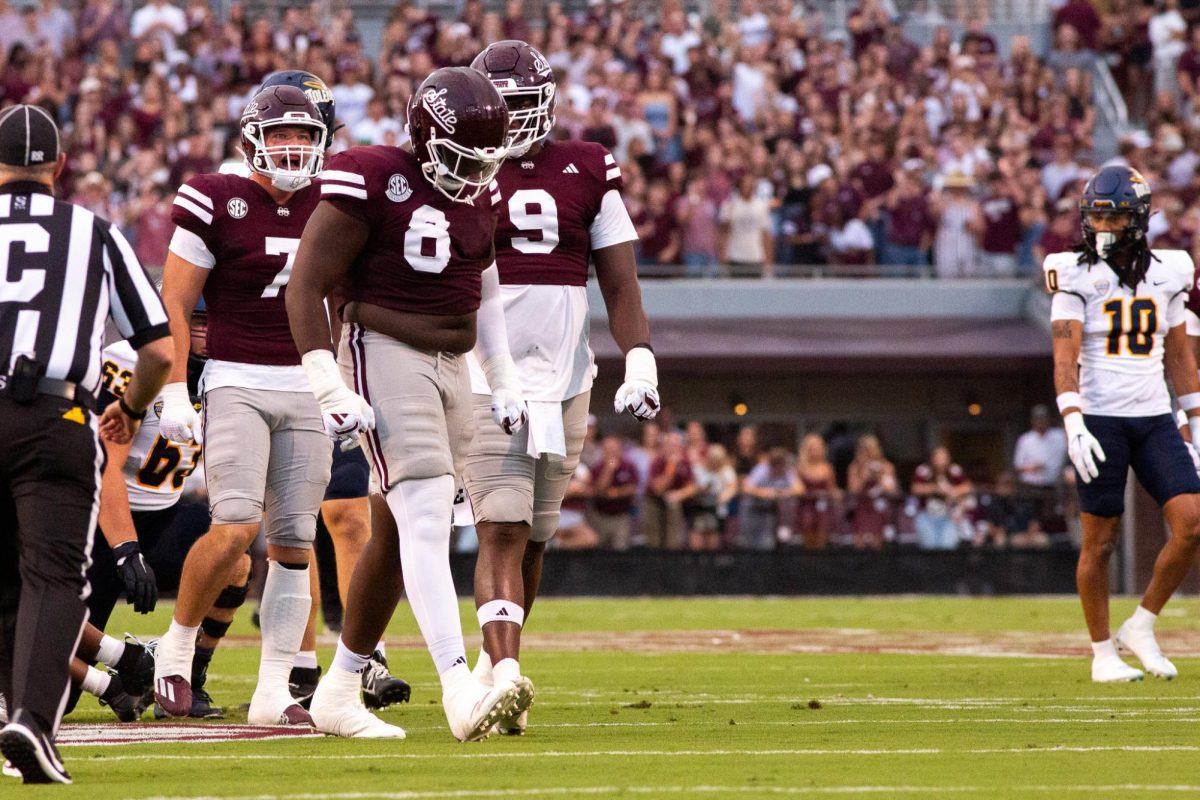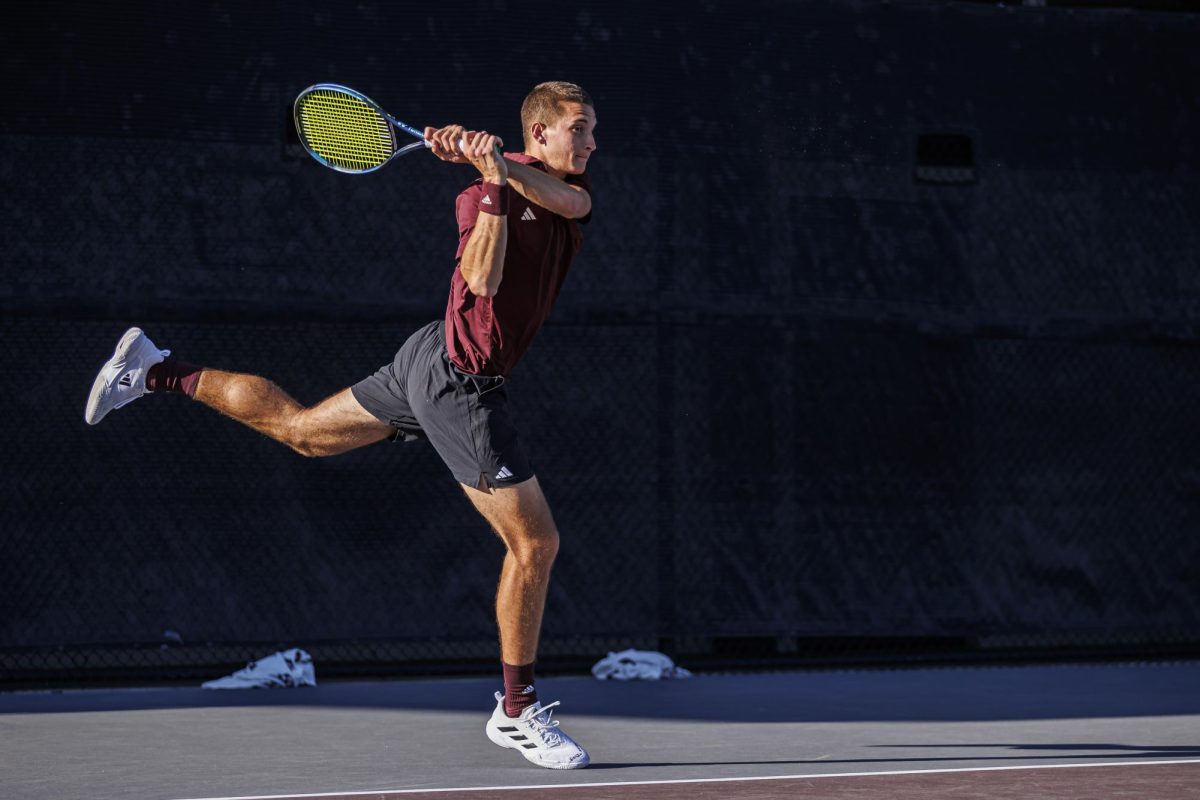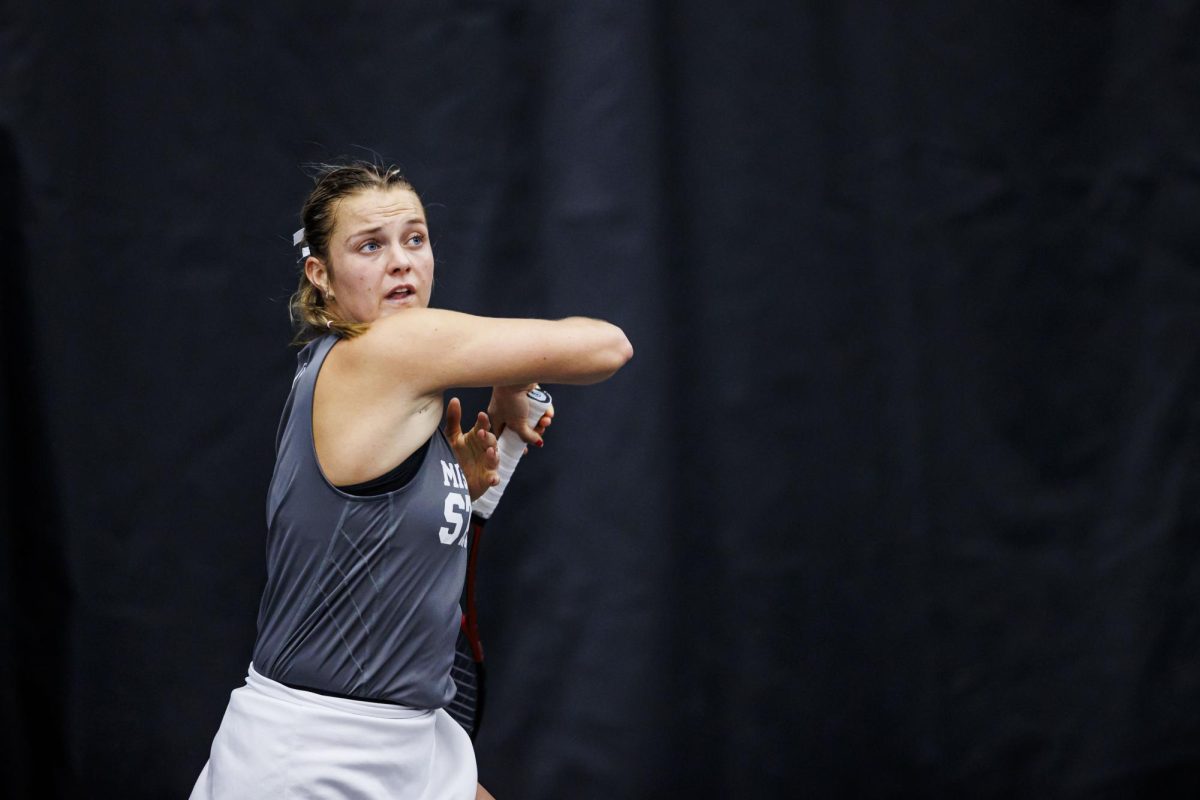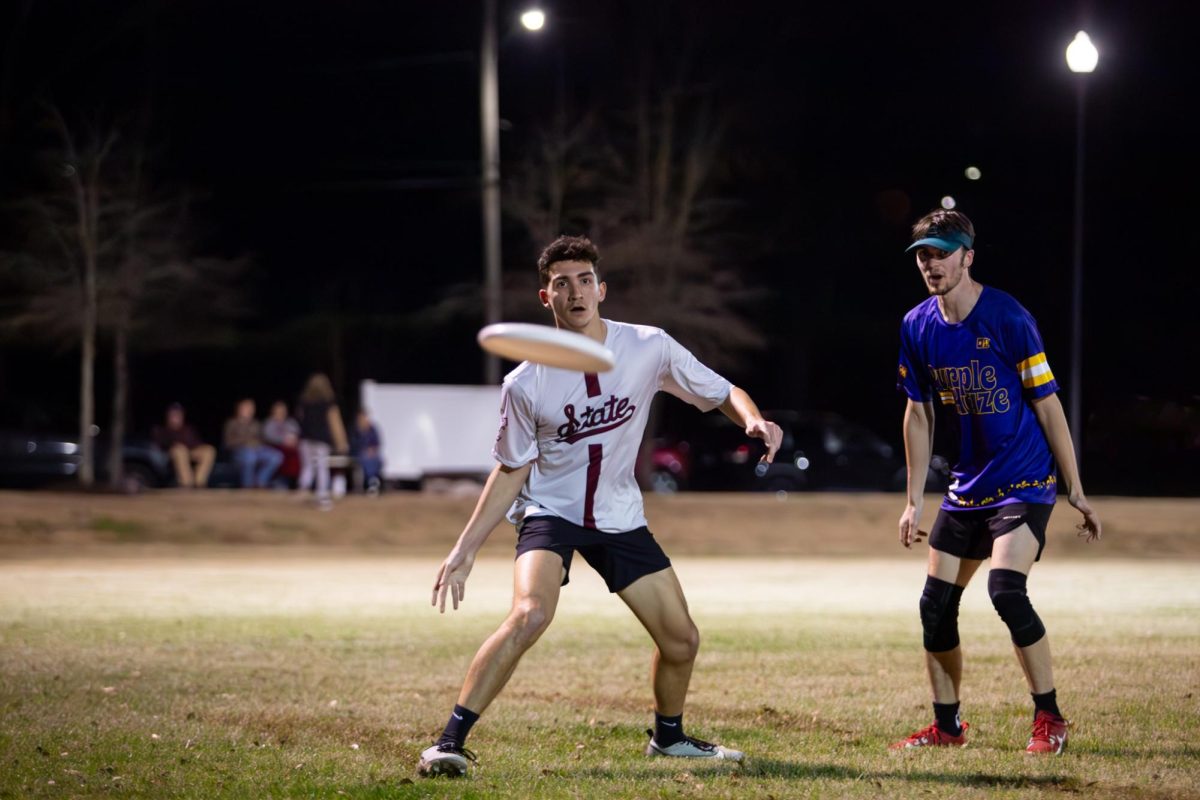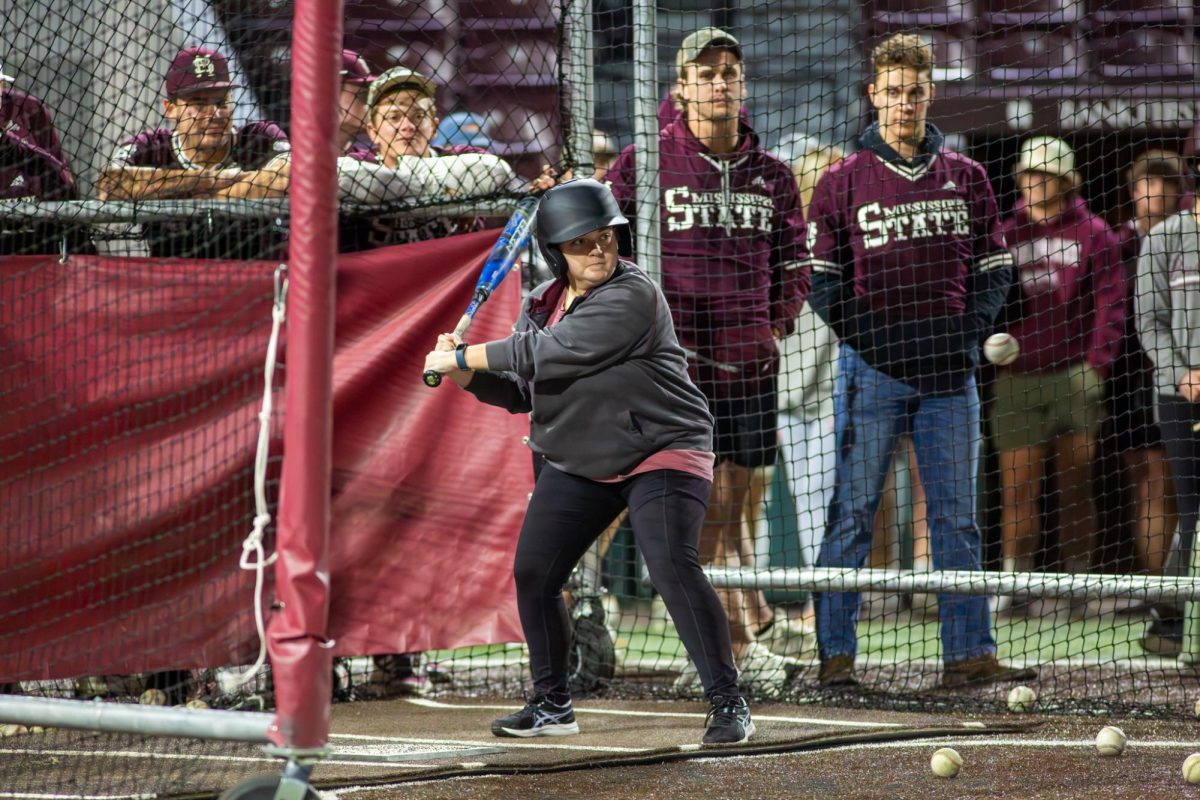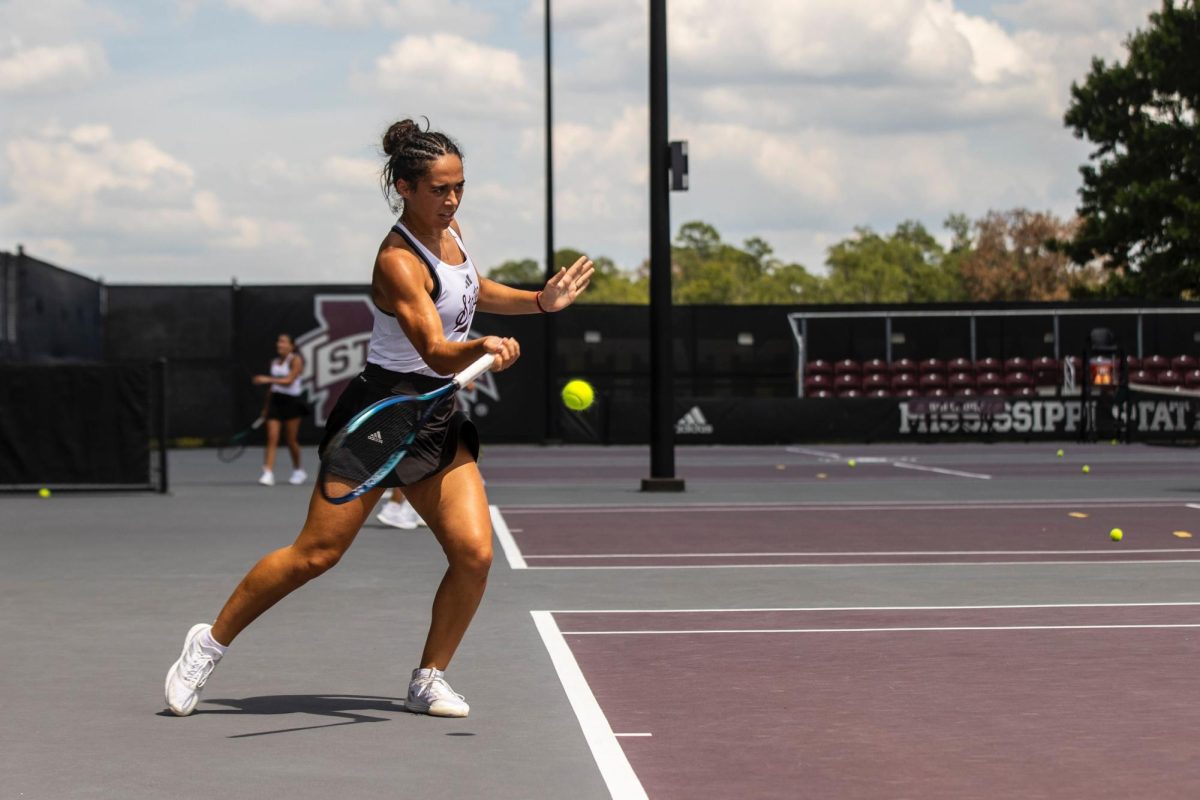The opening day of High School football, Keytaon Thompson entering the Transfer Portal and Tommy Stevens being named starting quarterback all took a back seat as the news broke on Aug. 23 that academic violations had been committed at Mississippi State University.
The news may come as a bit of a shock, as there were not even whispers of an NCAA investigation regarding academic success. However, the case report by the NCAA from the negotiated resolutions meeting sets the timeline for the case’s commencement back in January of this year.
According to the case report, 11 student athletes, ten football players and one men’s basketball player, received an F for an online general chemistry course along with other disciplinary actions, as they were in violation of the MSU Honor Code.
The violation came in the form of a tutor who received payments upwards of $350 to complete exams for these student athletes. For some players, nearly every test was taken for them over the span of the entire course. The tutor violated the NCAA Ethical Conduct Policy by not doing an interview with enforcement staff. As a result of the tutor’s actions, the university was left no choice but to disassociate from the former student.
It is admirable MSU cooperated with the NCAA in the investigation and turned themselves in for the violations. Integrity and honor are very important at MSU, and when both the athletic department and university can hold student athletes and students to that standard, we can rest easy knowing those in violation do not escape repercussions.
The honor code was the first thing MSU president Mark E. Keenum addressed in the press release while also adding that sometimes students make poor decisions.
It is important to remember that while the tutor committed the actions of completing the course work, the athletes involved are also culpable because they paid for the deceit. All parties involved have been held accountable, and it is a good reminder for MSU students and staff to hold each other accountable too.
How you act while affiliated with MSU, ultimately reflects back on the university itself. Accountability is important, and that is why the biggest part of this story was not explicitly focused on the violations themselves. It is that MSU held itself accountable and to a higher standard.
For the future, Director of Athletics John Cohen said, in the press release, MSU will be taking proactive measures moving forward in order to stay committed to a culture of compliance.
List of Penalties.
- A fine of $5,000, plus 1% each of the football and men’s basketball budgets.
- A reduction of two football scholarships during each of the 2020-21 and 2021-22 academic years.
- A reduction of one men’s basketball scholarship during the 2020-21 academic year.
- A reduction of four football official visits from the program’s four-year average of 40 visits during the 2019-20 academic year.
- A reduction of two men’s basketball official visits from the program’s four-year average of 10 visits during the 2019-20 and 2020-21 rolling two-year period.
- A prohibition of football unofficial visits during one home contest for the 2019-20, 2020-21 and 2021-22 academic years.
- A prohibition of men’s basketball unofficial visits during two home contests for the 2019-20 and 2020-21 academic years.
- A reduction of football evaluation days by two in the fall 2019 and 10 in spring 2020.
- A reduction of men’s basketball recruiting-person days by six in the spring of 2020.
- Three years of probation.
- A vacation of records in which student-athletes competed while ineligible. The university must provide a written report containing the contests impacted to the NCAA media coordination and statistics staff within 45 days of the public decision release.
- A disassociation of the former tutor.
- All involved student-athletes must conduct one rules education session on the consequences of academic misconduct.
- Participation in the National Association of Academic and Student-Athlete Development Professionals program review and Academic Integrity Assessment process.
- A 10-year show-cause order for the former tutor. During that period, any NCAA member school employing her must restrict her from any athletically related duties unless it shows cause why the restrictions should not apply.















































































